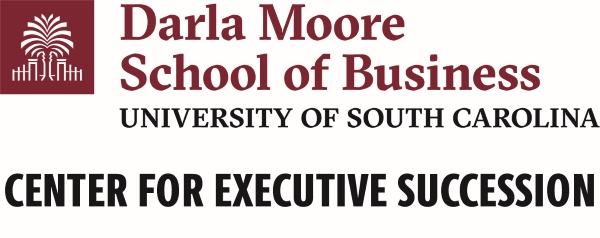Document Type
Report
Abstract
The 2017 HR@Moore Survey of Chief HR Officers, conducted by the Center for Executive Succession, focused, in part, on the Chief Financial Officer (CFO) role and succession practices. Using data from this, and past surveys, we were able to compare and contrast the CFO and Chief Human Resources Officer (CHRO) roles. First, Chief Executive Officers (CEOs) view the CFO as the primary steward of the financial resources of the firm, expecting them to deliver in terms of capital allocation, financial objectives, and earnings per share/operating profits. On the other hand, CEOs view the CHRO as the steward of the human capital of the firm, expecting them to deliver talent, succession planning, growth, and culture. Second, CFOs and CHROs both have multiple other functions reporting into their roles. While some functions are just as likely to report to either role, CFOs are more likely to have Mergers and Acquisitions/Corporate Development, Procurement, and Supply Chain reporting to them, while only CHROs have Security, Corporate Social Responsibility, and Safety reporting to them. Third, CFOs and CHROs cooperate around a number of important organizational issues. A number of CHROs stated that they collaborate on “Everything” but more specific issues such as “Compensation,” “Benefits and rewards,” “Strategic input,” and “Workforce planning” were identified as areas requiring significant cooperation. A number of CHROs also reported that they and the CFO were highly aligned with little conflict. When conflict existed, it normally emerged from tradeoffs where CFOs wanted to cut or not increase investments in areas that might impact talent, engagement, and culture. Fourth, consistent with past research, CFOs were far more likely to be promoted internally than CHROs. We also found that if the current role holder were to depart, CFOs would be more likely to be replaced by an internal candidate than would CHROs. Our results suggest that this is not due to different successor development practices as few differences were observed in this area. However, CHROs offered a number of explanations for the differences including “Insufficient successor development,” “Limited relevant knowledge,” “Emphasis on CHRO/ CEO relationship fit,” “Externals provide an outside perspective,” and “Limited board and executive experience.” We attempt to explain these results by noting the difficulty in creating an HR career path that can develop business acumen, trust with the CEO, and ability to navigate the board.
Publication Date
2017
Disciplines
Business
Copyright
© 2017, University of South Carolina
Publication Info
2017.


